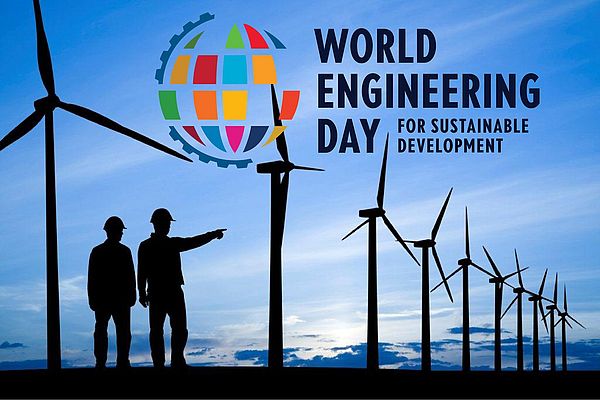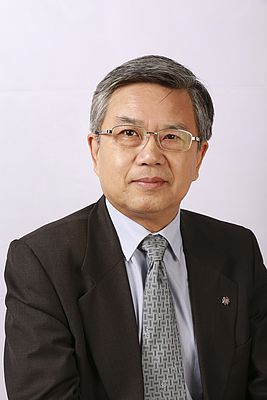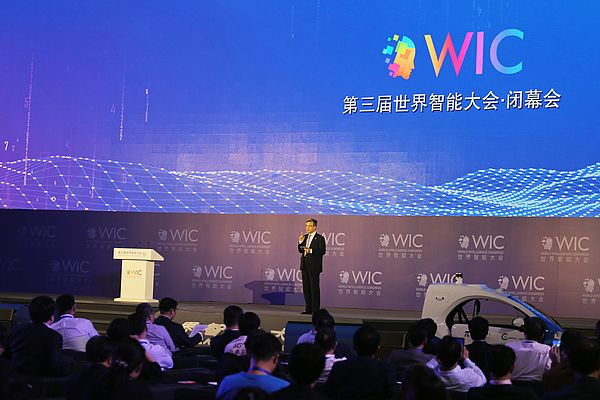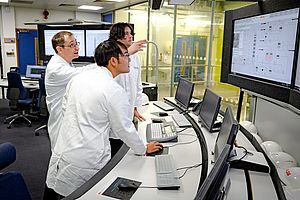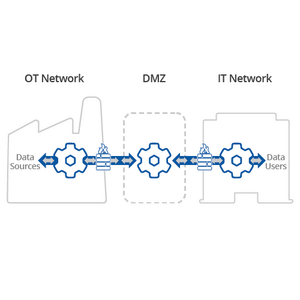The current health crisis has raised many questions in the public and political sphere of the society on the ways to deal with it and the priorities to outline. In the Western world, we have learned a hard but important lesson: we are still not doing enough to build a more sustainable world. We realized that our investments in innovation, in different business and health models – based on digitalization, smart working, automation, AI, and telehealth – are insufficient. And, more importantly, we have understood that to make progress possible, we need to improve and consolidate people’s trust in technology, promoting sustainability, privacy protection, and transparency.
Technology is neither good nor bad. It depends on how we used it. What’s sure is that to have good technology, we need to have good scientists and engineers. The quantity and quality of talents spread reasonably all over the world can have a big impact on the future of humanity. The World Federation of Engineering Organizations (WFEO) has pointed out that the current shortage of skilled engineers put into risk the ability to achieve the Sustainable Development Goals (SDGs) set in the 2030 Agenda by the United Nations General Assembly in 2015.
''We [as WFEO] recognize the role of engineering in implementing the SDGs, but governments and the public have not yet acknowledged this crucial importance. We also realize that there are gaps between the current world engineering capacity and the requirements of the SDGs,’’ stated Prof. Gong Ke, President at the World Federation of Engineering Organizations.
The lack of engineers poses serious problems
According to ‘The State of Engineering 2019 Report’ by Engineering UK, the annual demand for skilled engineers and technicians is around 124,000, alongside a requirement for 79,000 related roles with transversal skills. The ability to meet the yearly demand for core engineering roles with high skills (level 3+) is declining. At the same time, in fast-growing economies – in Africa, Asia, and Latin America – there is an expanding demand for engineers and engineers service to build new infrastructure.
The short supply of engineers in Africa is alarming if we think that the country needs at least 2.5 million of new engineers to meet its sustainable development goals, as Martin Manuhwa, president of Federation of African Engineering Organizations (FAEO) declared. This shortage poses serious problems since engineering is crucial in supporting access to clean water and sanitation, affordable and clean energy, resilient infrastructures, economic growth and decent work, and other basic human needs, as Prof. Gong Ke explained.
The WFEO had the idea of creating the “World Engineering Day for Sustainable Development” (WED) to increase political and public recognition of the centrality of engineering and accelerate the implementation of inclusive, people-centered, and sustainable development. The Unesco General Conference proclaimed unanimously in November 2019 the 4th of March of every year ''World Engineering Day for Sustainable Development’’.
Engineering Vs. Covid-19
The first WED was supposed to be held at Unesco headquarters in Paris on the 4th of March but then it was cancelled. The WFEO immediately published a statement called ''Stepping up to the challenge of coronavirus and other global threats'' to mobilize engineers worldwide in the fight against Covid-19 and encourage them to put this urgent task at the very top of their agenda.
In particular, the statement highlighted that the contribution of engineering could significantly support the creation of special infrastructure for quarantine and treatment, tools for the quick screening and diagnosis of patients based on AI and computer vision, and effective protection equipment for the frontline workforce. Improving data analysis and big data systems was considered extremely important to refine monitoring techniques and control the spread of the virus – while ensuring the timely and reliable record, storage, and dissemination of data. This is also part of engineering’s mission and responsibility in critical times, according to WFEO.
Mutual efforts to drive the change
Building a set of regulations and framework conditions is central to the development of flourishing and sustainable engineering. Engineers alone can’t drive the change if the context is not favorable. Europe has positioned itself as the world’s main source of tech regulations and innovation and has attracted many talented scientists and engineers. However, more cooperation at an international level and the promotion of global governance is needed, especially in dealing with very tough challenges generated by not yet mastered technologies like AI and Big Data, such as promoting privacy, safety, fairness, and inclusivity. Cybersecurity was recently ranked – alongside environmental issues – amongst the daunting challenges for engineers in the second Global Engineer Survey conducted by the engineering outreach organization DiscoverE.
''It’s not an exaggeration to say that without a secure cyber environment, the world will grind to a halt,’’ said Kathy Renzetti, Executive Director at DiscoverE. After all, the protection of sensitive data, personal information, intellectual property, and governmental and industry information systems is possible only if we can rely on secure networks, and it’s also the precondition to make engineers’ work effective. Now, more than ever before, engineers, scientists, civil societies, and governments must gather force and make a joint effort to maximize the benefits of new technologies for the entire society.
Sara Ibrahim


